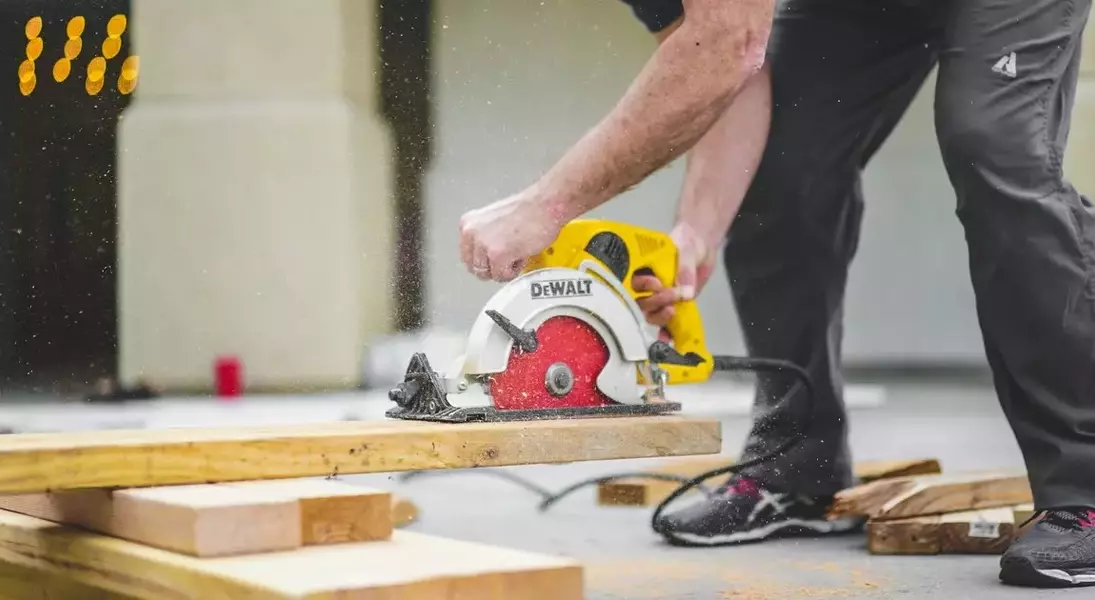
In a recent survey conducted by the Associated General Contractors of America (AGC), construction firms in Nebraska have expressed significant concerns about potential tariff increases, workforce shortages, and economic slowdowns expected in 2025. The annual report highlights the industry's struggle with skilled labor scarcity, rising material costs, and increased competition for projects. With an anticipated rise in tariffs on imports from countries like Mexico and China, construction companies fear these added expenses could be passed on to consumers, potentially stifling new projects. Despite these challenges, there is optimism regarding technological advancements that promise to enhance productivity and efficiency.
Industry Leaders Anticipate Challenges Across Multiple Fronts
In the heart of the Midwest, during a time of growing uncertainty, Nebraska’s construction sector faces mounting pressures. According to the AGC’s latest survey, 64% of construction firms in the state are struggling to fill essential positions due to a shortage of skilled labor. This issue extends beyond Nebraska, affecting cities across the north-central region such as Kansas City, Denver, St. Louis, Des Moines, and Omaha. Industry professionals, like Andy Heitmann of Turner Construction, foresee this labor shortage persisting for the foreseeable future.
The immigrant workforce plays a crucial role in the construction industry, but recent political rhetoric has created anxiety among workers. Rex Kirby, president of Verdex Construction, noted that many employees frequently express concerns about their job security. Meanwhile, AGC Chief Economist Ken Simonson warned that President-elect Trump’s proposed tariffs—up to 25% on imports from Mexico and China—could disrupt the relative stability the industry has enjoyed. These tariffs would likely increase material costs, which could then be passed on to consumers, potentially halting or preventing new construction projects altogether.
However, it’s not all doom and gloom. Jeffrey Shoaf, CEO of AGC, pointed out that technological innovations, particularly artificial intelligence (AI), offer a silver lining. Companies are exploring ways to integrate AI and other technologies into daily operations, project reporting, and employee tracking, aiming to boost productivity and efficiency. While infrastructure projects in sectors like transportation, education, and residential are expected to decline, healthcare-related projects are anticipated to see growth.
From a journalist's perspective, this report underscores the delicate balance between external economic factors and internal industry dynamics. The construction sector must navigate through uncertain times while embracing technological advancements to remain competitive. The coming years will test the resilience of construction firms as they adapt to changing market conditions and regulatory environments. Yet, the potential for innovation offers a beacon of hope amidst the challenges.
